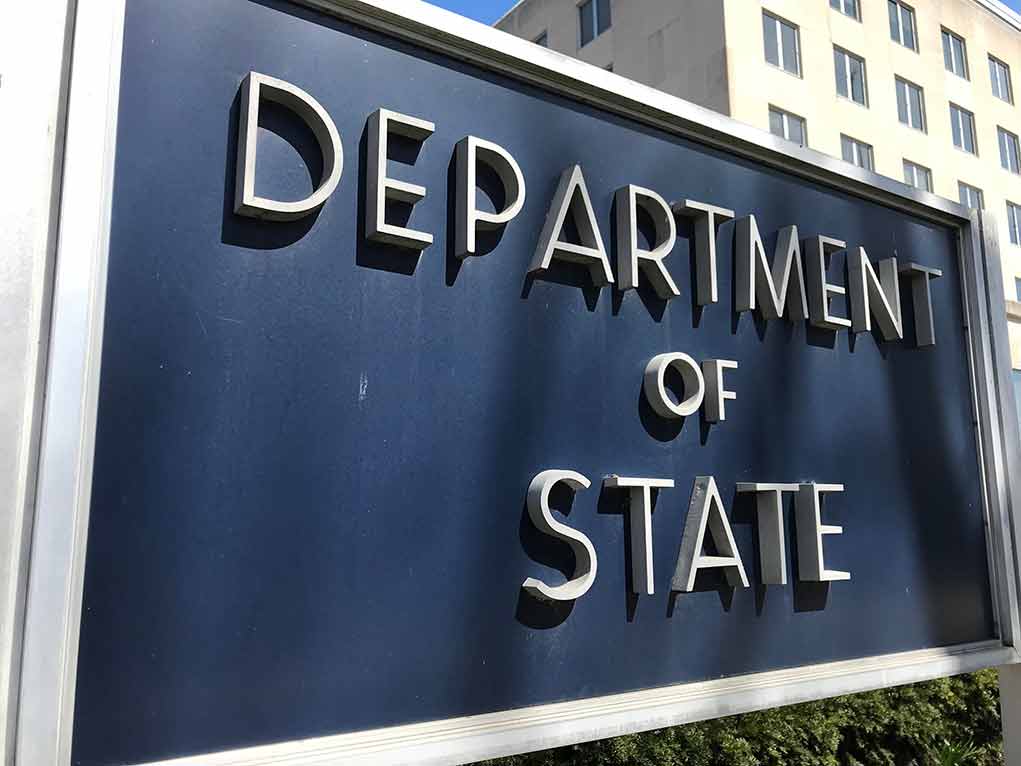
El Salvador’s offer to house U.S. criminals in its mega-prisons sparks controversy and legal questions.
Key Takeaways
- El Salvador agreed to accept U.S. prisoners, including American citizens, in its jails.
- The proposal plan targets gang members and dangerous criminals serving sentences in the U.S.
- Legal challenges exist due to constitutional concerns and human rights issues
- The agreement is described as “unprecedented” but faces scrutiny over ethics and legality.
El Salvador’s Proposal
El Salvador’s President Nayib Bukele has offered to house American criminals in the country’s prison system. This proposition, revealed by U.S. Secretary of State Marco Rubio, has ignited questions about the legality and ethics of such an arrangement.
Rubio announced the proposal following discussions with President Bukele, describing it as an “act of extraordinary friendship.” The deal would allow the United States to outsource part of its prison system to El Salvador, potentially including U.S. citizens and legal residents convicted of serious crimes.
BREAKING: U.S. Secretary of State Marco Rubio says El Salvador's president has offered to accept deportees from the U.S. of any nationality as well as violent American criminals now imprisoned in the United States. https://t.co/CBJqzd6bgq
— The Associated Press (@AP) February 4, 2025
Scope and Implications of the Agreement
The proposed arrangement is expansive in its reach. According to Rubio, El Salvador has agreed to accept deportees who are criminals, regardless of their nationality. This includes members of notorious gangs such as MS-13 and Tren de Araqua. The agreement would also extend to dangerous American criminals currently in U.S. custody.
Rubio hailed the deal as the “most unprecedented and extraordinary migratory agreement anywhere in the world.” In exchange for housing these prisoners, El Salvador would receive a fee from the U.S. government.
Legal and Ethical Concerns
Despite the enthusiasm from some quarters, the proposal faces significant legal and ethical hurdles. The U.S. Constitution, particularly the Eighth Amendment’s prohibition on “cruel and unusual punishments,” may present a formidable obstacle to implementing such a plan. Legal experts have raised concerns about the constitutionality of essentially exiling American citizens.
“There are obviously legalities involved. We have a constitution,” Rubio said when acknowledging the legal concerns. Trump, however, indicated that the administration is looking into the matter.
Human rights organizations have expressed alarm over the conditions in El Salvador’s prisons. President Bukele’s aggressive approach to combating gang violence has been controversial, with the U.S. State Department describing El Salvador’s prison conditions as “harsh and dangerous.”
The Road Ahead
As details of the agreement continue to emerge, it’s clear that this proposal could face intense scrutiny from legal experts, human rights advocates, and policymakers. While the offer has been described as generous and unprecedented, its implementation remains uncertain. The coming weeks and months will likely see robust debate over the legality, practicality, and moral implications of this controversial proposal. As the discussion unfolds, it could shape the future of international criminal justice cooperation and challenge our understanding of national sovereignty in the realm of criminal punishment.
Sources
- Trump says he’d deport US citizens convicted of crimes ‘in a heartbeat’ if legal
- ‘Generous’ El Salvador offer to house American criminals faces ‘legalities:’ Rubio
- Trump administration to study legality of El Salvador offer to host U.S. prisoners
- Trump says he’d deport US citizens convicted of crimes ‘in a heartbeat’ if legal




